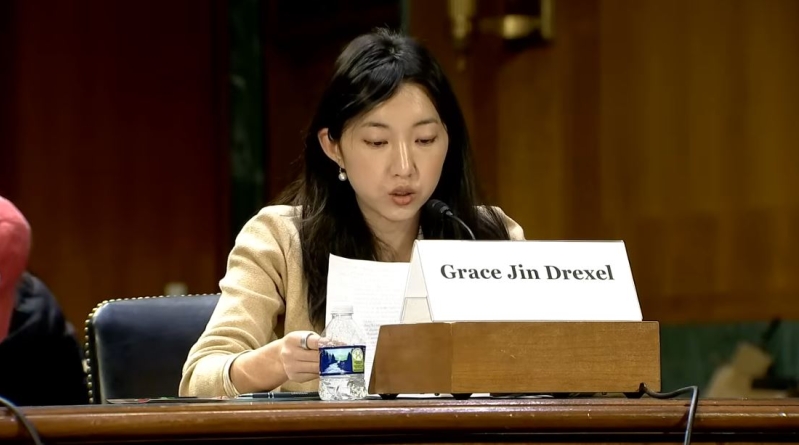
A recent U.S. congressional hearing cast a spotlight on religious freedom conditions in China, with witnesses sharing firsthand accounts of pressure faced by Christian, Muslim, and Tibetan Buddhist communities. The session brought together legislators, advocates, and family members to discuss the realities experienced by faith groups and explore potential avenues for international support.
A central topic of the hearing was the situation of the Beijing Zion Church, whose lead pastor, Ezra Jin (Jin Mingri), was detained on October 10, 2025, along with 27 other church leaders. In testimony presented to the committee, Pastor Jin’s daughter, Grace Jin Drexel, described the church’s journey. Founded in 2007, Zion Church rapidly grew into a leading urban house church in China, known for transparency and commitment to serving the broader community. However, Drexel reported that in recent years, the church has faced mounting restrictions, including forced closures of gathering spaces and the detention of leaders who declined to install surveillance equipment in their worship areas.
Grace shared how, in spite of these obstacles, the congregation shifted to a hybrid model of in-person and online gatherings, with believers supporting each other through prayer and practical care. “Our church stands firm in faith and continues to serve our community, even under great pressure,” she said, emphasizing the spirit of perseverance that characterizes many Christian groups in China.
The hearing included testimony from other witnesses detailing policy and day-to-day realities for various Chinese religious groups. Ambassador Sam Brownback, former head of the U.S. State Department’s Office of International Religious Freedom, called for the U.S. government to view religious liberty not only as a human rights concern but also as a facet of national security. He advocated for strengthened international partnerships and targeted sanctions where abuses are documented.
Muslim community representative Ismail Juma spoke on the closures and repurposing of mosques, as well as the effects of government measures on cultural and religious expression among Chinese Muslims. Bu Chong Sering, representing Tibetan Buddhists, addressed increasing oversight within monasteries and the broader implications for Tibetan culture and identity.
Dr. Bob Fu, founder of ChinaAid, recalled cases in which ordinary Christian worship, pastoral care, and church operations resulted in criminal penalties. He and other panelists suggested that legislative and diplomatic tools can play a role in supporting religious freedom and providing relief to individuals facing persecution.
Speakers emphasized a genuine desire to see Christian and other faith communities free to gather, worship, and serve in ways consistent with their convictions. Lawmakers at the hearing reaffirmed their intention to keep religious liberty concerns at the center of U.S. policy discussions regarding China.






